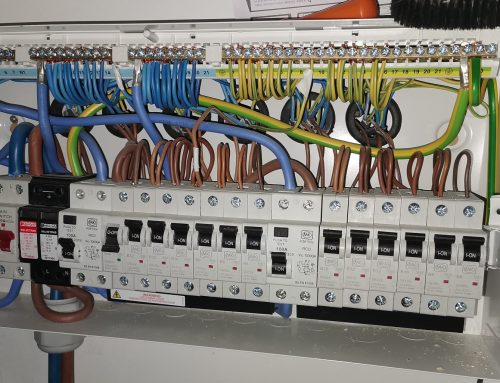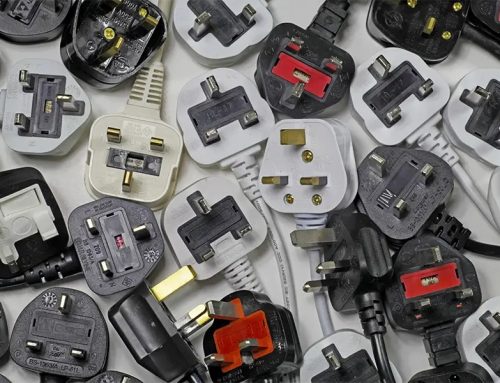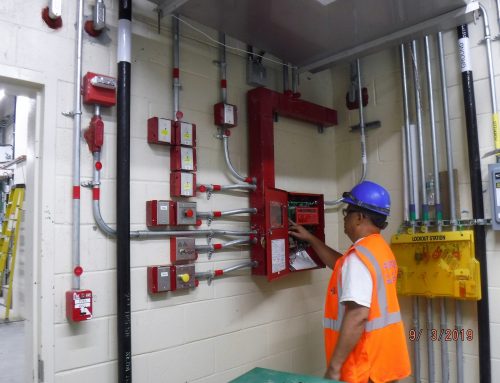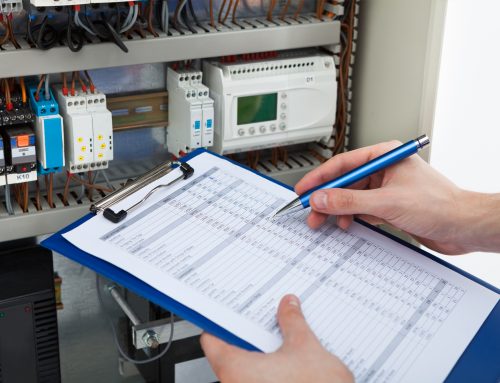The fires in which loss of life occurred, especially the Grenfell fire in 2017, in which 72 people lost their lives, led to the need for new regulations on fire safety. The fact that almost half of the fires in the UK are caused by electricity also brought innovations in the national standards called BS7671, which ensure that the standards in electrical installations are regulated in accordance with safety criteria.
These BS7671 standards aim to increase the safety and effectiveness of all electrical installations.
In BS7671 18th Edition 2nd Amendment, Arc Fault Detection Devices, known as AFDD, which automatically disconnect the circuit when faults due to electrical sparks are detected in electrical installations, have become mandatory.
These devices can detect the most common hazards triggered by damage to electrical installations, thus minimizing the risk of fire. Causes of electrical spark faults include damaged plumbing, pinched wires, wire breaks, damage caused by UV radiation and rodents, loose contacts and connections, improper installation or broken plugs and cables.
WHICH BUSINESSES HAVE AFDD OBLIGATION?
According to the standards, in order to comply with the law, the use of AFDD is obligatory in high-risk residences, HMOs, student dormitories, care homes, as well as thatched roof houses, risky public spaces such as cinemas, schools, hospitals or health facilities, heritage buildings. Residential buildings higher than 18 meters or over 6 floors are considered high risk.
Testing the problems and faulty installations that may cause malfunctions in the electrical installation and obtaining an Electrical Installation Condition Report as a result of this test is a procedure that all property owners are obliged to do at certain periods and at each tenant change.
Working in the field of fire and electrical safety in London since 2006, BAFE and NICEIC approved, FIA member EFE Fire & Electrical Ltd is fully authorized to issue landlord certificates.






